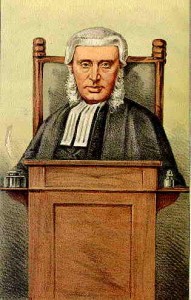Republican State Sen. Dale Schultz of Richland Center and Democratic State Sen. Timothy Cullen of Janesville did two things a few months ago that were quite remarkable in the light of the super-charged, partisan atmosphere in Madison (and elsewhere) this year.
For one, they had lunch together. And for another, they decided to spend a day in each other’s districts, trying to get a better grasp of the perspective of people who lived different lifestyles and had different views from the people in their own districts. Schultz represents a strongly rural state Senate district, while Cullen’s district, which includes Beloit, is more oriented toward cities and factories.
Schultz and Cullen agreed on quite a few things: The legislative process in Madison had become too divisive. Good policy requires the support of at least half the people of the state and not just people on one side. Both parties were guilty of pushing through momentous decisions without significant support from the other party – in the case of the Republicans in Wisconsin, it was the collective bargaining bill that triggered an uproar in Madison earlier this year, in the case of the Democrats in Washington, it was the health care bill passed in 2010.
The two decided they should work together on an idea that could change things. They settled on trying to reform the way state Supreme Court justices are selected so that process is less partisan and less subject to influence from special interests.
And they decided to go on the road around Wisconsin with what they labeled their common ground tour.

